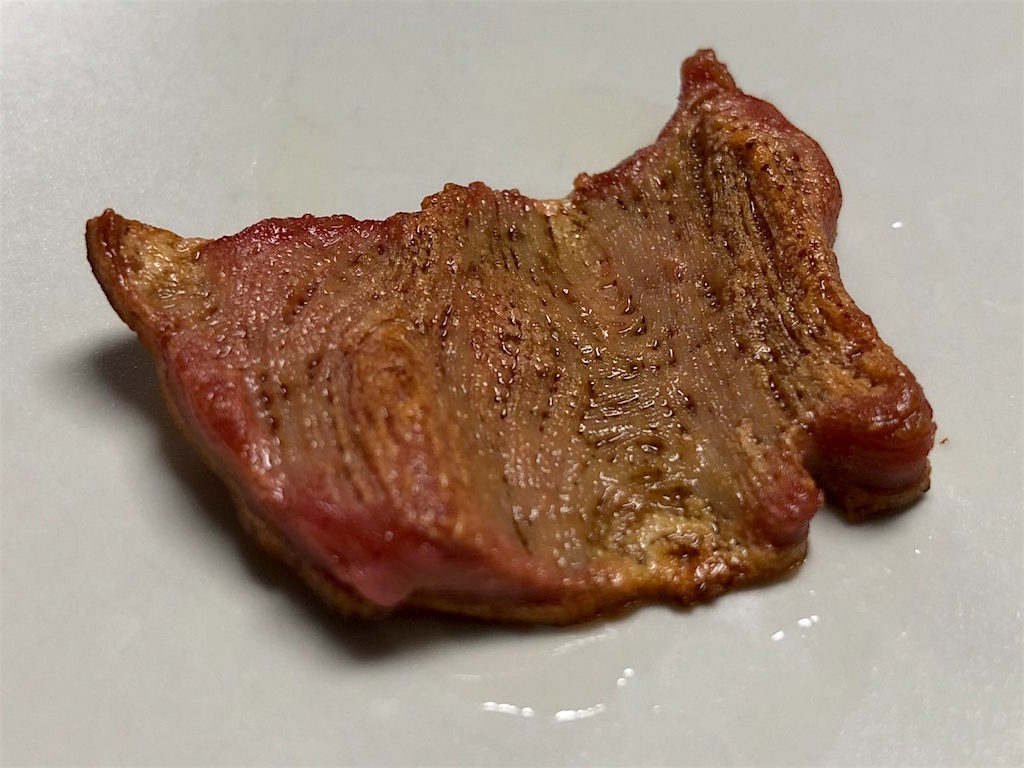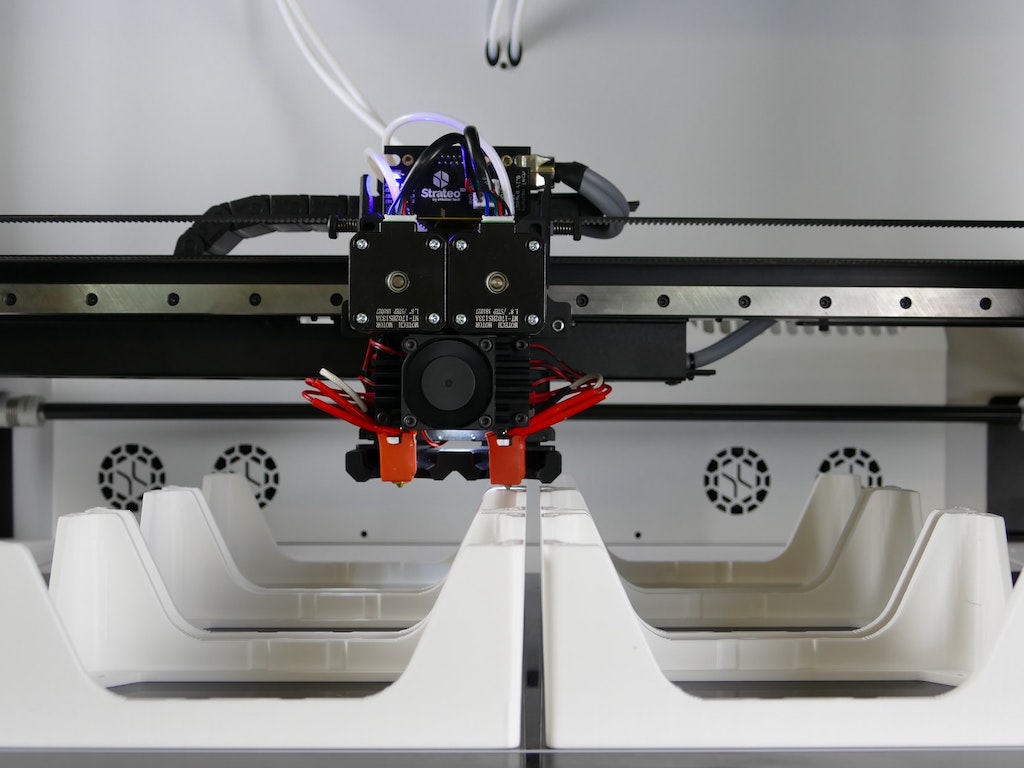3 Mins Read
Speaking to FoodNavigator, alternative protein industry expert Olivia Fox Cabane says she believes that China will retain its massive potential to lead the Asia-Pacific market for 3D printed protein due to its cost and speed advantage. While 3D-printed meat has already been achieved by some food techs working on sustainable protein solutions, one of the main challenges the sector continues to face is lowering manufacturing costs and producing it in the speed and quantity necessary to reach commercial readiness.
Despite the economic fallout from Covid-19, the setback will not step China’s pathway towards leading the Asia-Pacific market for 3D-printed meat, said Cabane. All companies in the alternative protein sector are now vying with the challenge of producing plant-based, cell-based and 3D-printed meat at a cheaper price and with speed. Few countries other than China, Cabane believes, has the capacity and expertise required to achieve both goals.
“There is no country in the entire world better and faster than China at reducing manufacturing costs,” Cabane told FoodNavigator. She added that “The speed and scale at which China operates is truly breathtaking…I can only imagine the speed and scale with which they could take over the 3D food printing market if they wanted to.”
There are already a number of startups working on 3D-printed meat. Spanish food tech Novameat, for instance, has developed a vegan 3D-printed meat alternative using only plant-based proteins. The company seeks to eliminate unsustainable animal agriculture, and recently unveiled version 2.0 of their “steak”, described as the most realistic product yet to mimic the texture and appearance of a cut of beef steak. For now, the startup is able to produce 50 grams for around US$1.50.

Also motivated to help solve our planetary emergency by fixing our unsustainable global food system, Tokyo-based Open Meals has managed to 3D-print pixelated sushi with customisable added nutrients, which will debut in their restaurant Sushi Singularity some time this year.
Jerusalem-based Future Meat Technologies, on the other hand, is using cell-based or cultivated fillings for the cartridges to 3D-print meats. By contrast to plant-based proteins, cultivated meats are grown and harvested in labs using cells extracted from the animal.
Cabane says that the economic turndown induced by the coronavirus pandemic would make it extra beneficial for the Chinese economy to enter into new market sectors, such as the 3D-printed food industry. This would help reduce the country’s dependence on imports in the long-term, and also benefit the global environment as it would alleviate the need for traditional animal agriculture and its accompanied greenhouse gas emissions.

“The country could theoretically go from being one of the world’s largest meat importers to becoming one of the world’s largest meat exporters,” she said.
Furthermore, the coronavirus pandemic has put into the spotlight the vulnerability of existing food supply chains and food safety concerns. Prior to the pandemic, China bore the brunt of the outbreak of African swine fever (ASF), which led to a pork supply shortage and sent prices skyrocketing, but also shifted attention towards the security and potential dangers of livestock farming.
If made cheaply and quickly enough, 3D-printed meats could reduce the country and the wider region’s threat to livestock and public health-related pandemics. “No animals, no infections – at least none related to live animals, which are always the worst,” Cabane explained.
Lead image courtesy of Unsplash.




